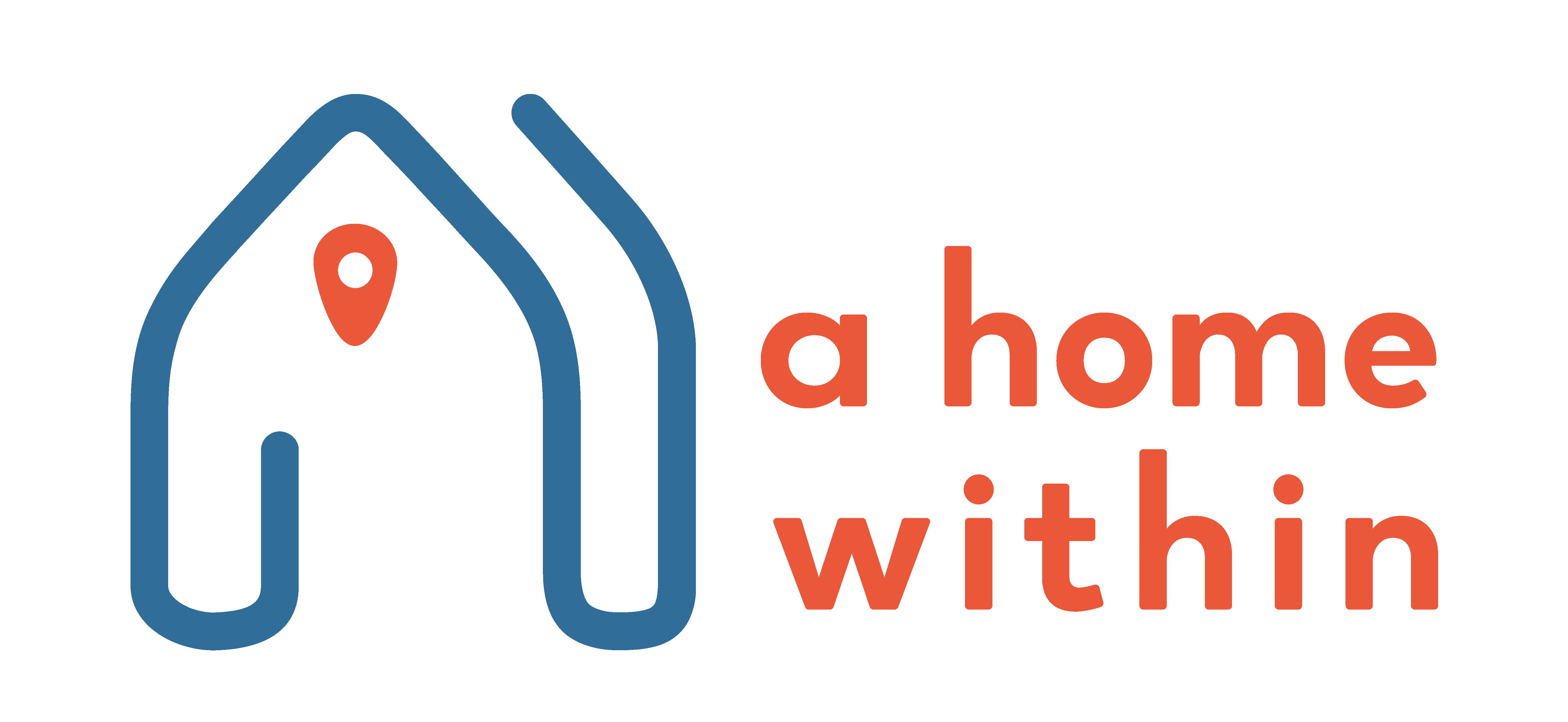Information Hub / BlogOuch!
Rejection hurts. That’s hardly a surprise to anyone who has been shunned by a friend, ostracized from a group, mocked by a co-worker, or been the one left behind at the end of a romantic relationship. The surprise comes from research recently published in the Proceedings of the National Academy of Sciences demonstrating that social rejection stimulates the same parts of the brain as physical pain.
In other words, under some circumstances the brain does not differentiate between emotional and physical pain. This finding should stop us dead in our tracks when we think about the impact of –repeatedly– moving foster children from one home to another.
When young children are taken out of a familiar foster family they are exceedingly likely to experience that event as a rejection.
Regardless of the explanations offered, it hurts—just as if we had inflicted physical pain.
We would never condone inflicting deliberate physical abuse on foster children—in fact, we remove children from the care of foster parents if they physically mistreat children. Yet, we repeatedly create situations in which foster children will experience the pain of rejection.
We assign them to one caseworker, knowing that we will move them to another when their legal status changes. We place them in emergency foster care, knowing that they will be moved to a more stable placement after a short time. We refer them to a clinic for psychotherapy knowing that they will be seen by an intern who will leave them after a few months.
From the egocentric viewpoint of children, every one of these losses will be experienced as a rejection of their own making. Foster children no more believe that they have not caused these rebuffs than the spurned lover who is told, “it’s not you, it’s me.”
All children need to know that adults will keep them physically and emotionally safe. When we create programs to serve foster children we must remember that, from the perspective of the child’s brain, repeated losses are the intolerable equivalent of physical maltreatment.
Please support the therapists who volunteer their time through A Home Within so that foster children do not have to endure the pain of losing one therapist after another.
By Toni Heineman
